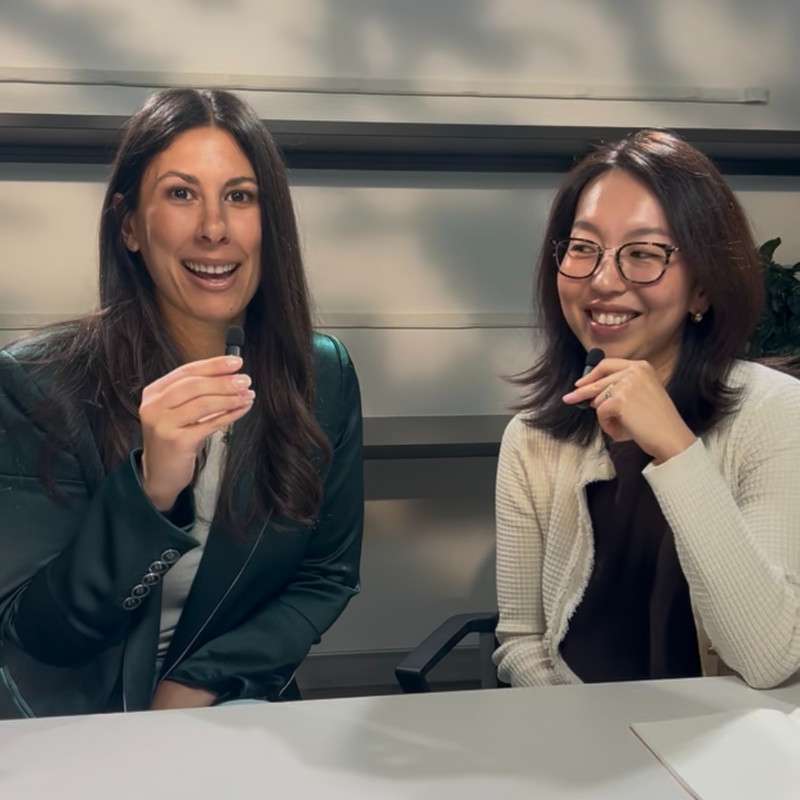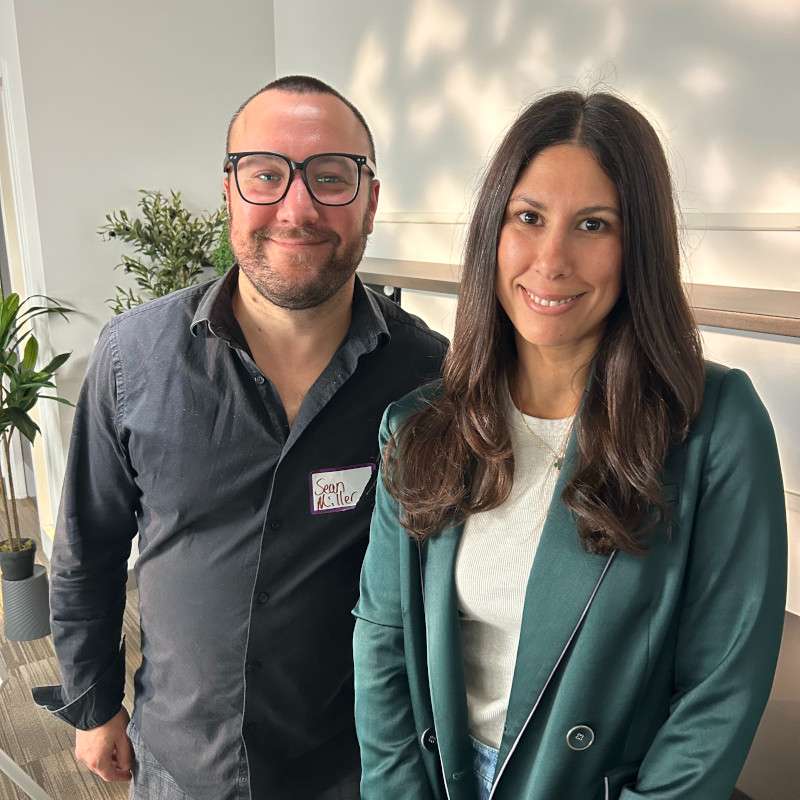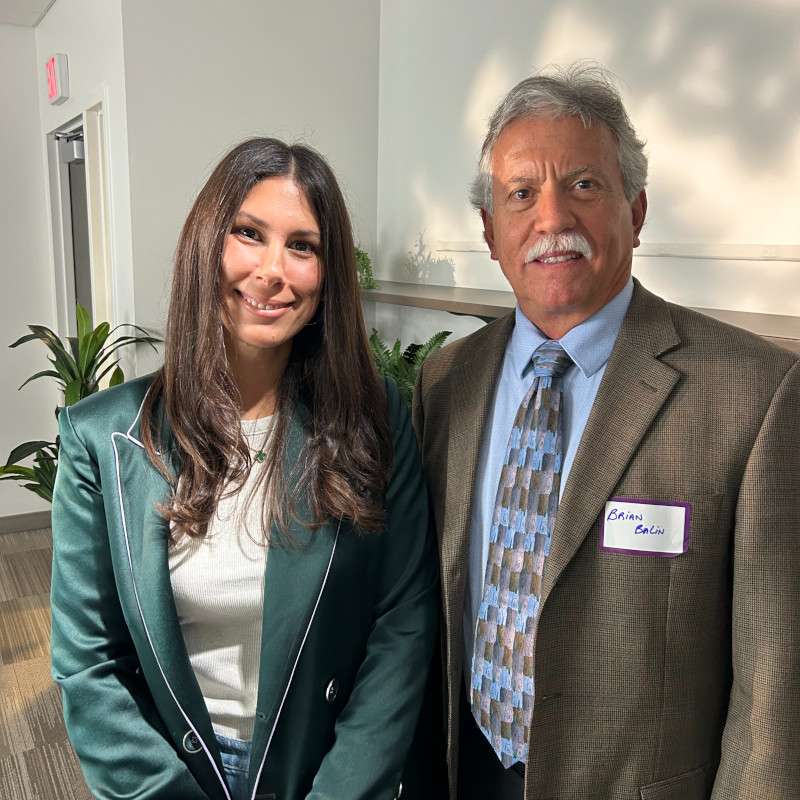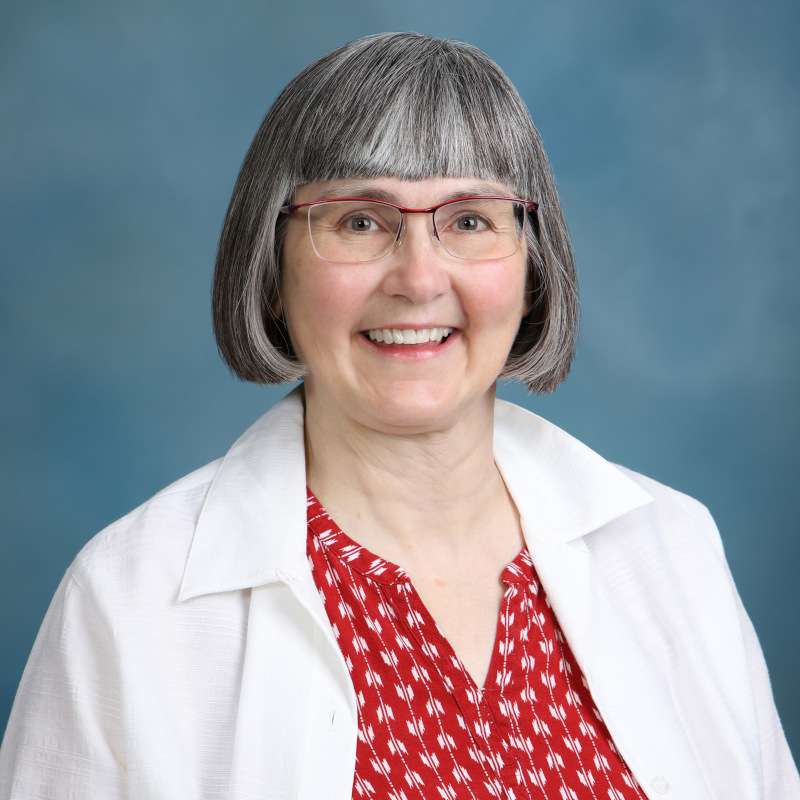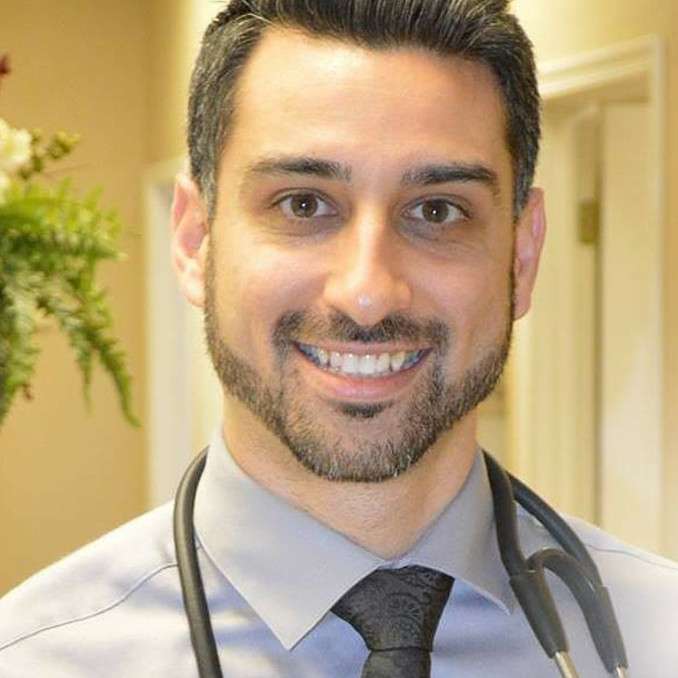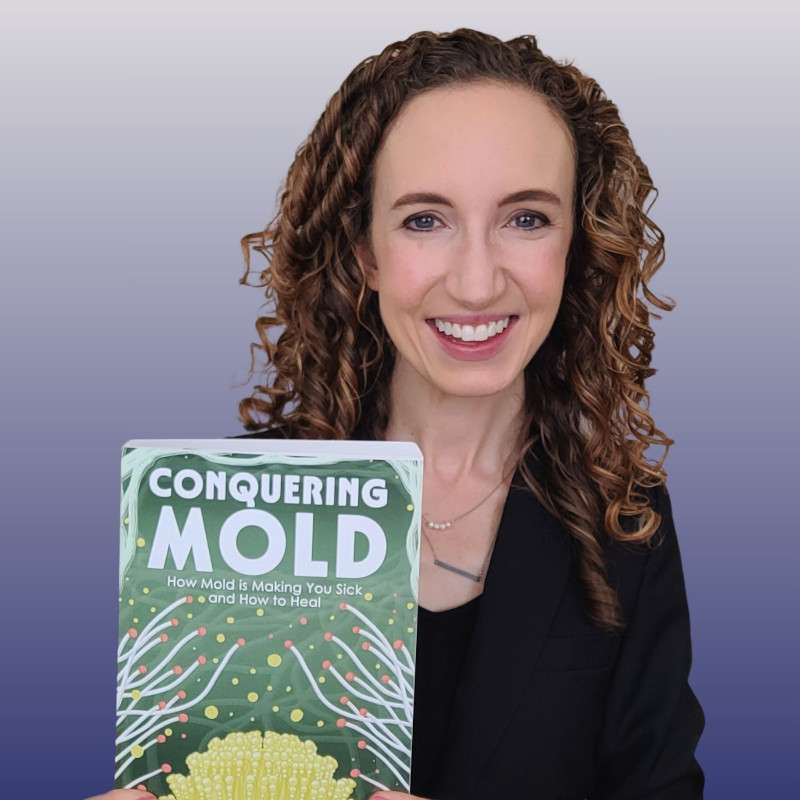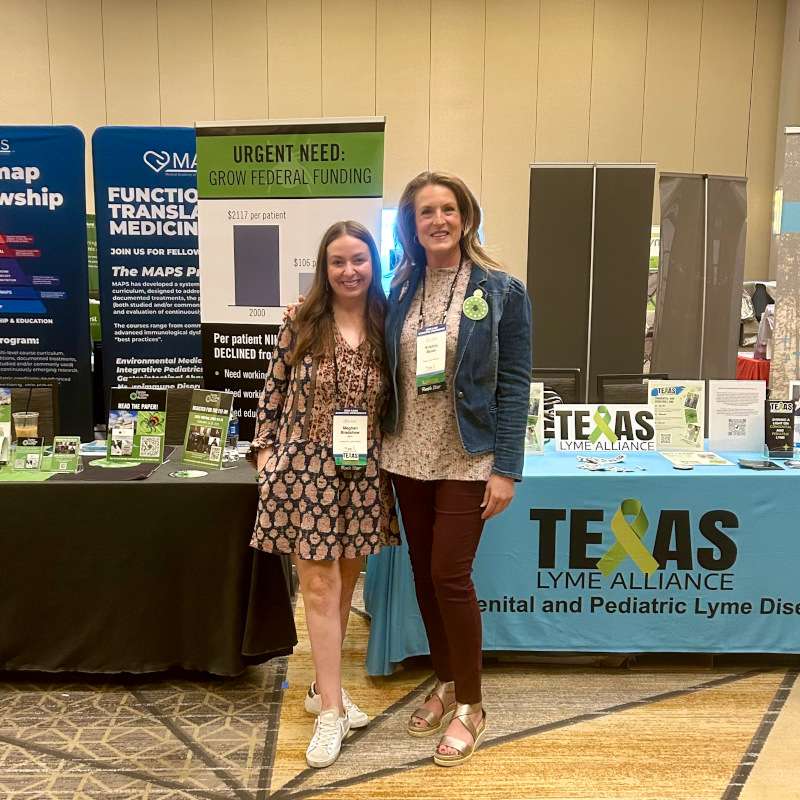Episode 543: Measuring Brain Fog in Infection-Associated Chronic Illnesses (IACI) - an interview with MIT Researcher Yuri Kim
Description
Overview
This special episode of the Tick Boot Camp Podcast was recorded live at the 2nd Annual Alzheimer’s Pathobiome Initiative (AlzPI) and PCOM Symposium in collaboration with Pathobiome Perspectives. Hosted by Ali Moresco in partnership with Nikki Schultek, Executive Director of AlzPI, the conversation brings the Tick Boot Camp mission of exploring infection-associated chronic illness (IACI)—like Lyme disease and other tick-borne infections—to the global Alzheimer’s and neuroimmunology research community.
Tick Boot Camp co-founders Matt Sabatello and Rich Johannesen partnered with Ali and Nikki to highlight scientists whose work connects tick-borne illness, microbes, and cognitive decline. This episode features Yuri Kim, RN, Lead Clinical Research Nurse for the MAESTRO Study at the Massachusetts Institute of Technology (MIT), who is leading pioneering work to measure and understand “brain fog” in infection-associated chronic illness.
Guest
- Yuri Kim, RN
- Lead Clinical Research Nurse, MAESTRO Study
- Massachusetts Institute of Technology (MIT)
Yuri Kim is the Lead Clinical Research Nurse for the MAESTRO Study, the largest clinical study ever conducted at MIT, led by Dr. Michal “Mikki” Caspi Tal, immunologist and immunoengineer at the Massachusetts Institute of Technology. The MAESTRO Study investigates infection-associated chronic illnesses (IACI) such as chronic Lyme disease and aims to objectively measure and understand one of the most debilitating and misunderstood symptoms—brain fog.
Yuri has conducted more than 170 participant study visits and integrates patient narratives with advanced neurocognitive, immune, and molecular profiling. Her background includes experience as a trauma ER nurse and clinical research manager on neurodegenerative and rare diseases such as Alzheimer’s disease, chronic traumatic encephalopathy (CTE), and amyloidosis.
Key Discussion Points
- How the MAESTRO Study combines subjective patient narratives with objective neurocognitive and biomarker data to better define and measure brain fog.
- Use of innovative diagnostic tools including EEG (WAVi), RightEye eye-tracking, BrainCheck cognitive testing, and NASA Lean autonomic assessments.
- Early findings showing slower reaction times and potential correlations between GFAP, NfL, and sCD14 with cognitive symptoms in chronic Lyme and other IACI patients.
- The role of immune dysregulation, gut permeability, and neuroinflammation in contributing to cognitive impairment.
- The need for brain fog-specific assessment tools and more research into sex and hormonal differences that may affect neurocognitive outcomes.
- Why validating and quantifying “invisible symptoms” is vital to patient care and the future of infection-associated chronic illness research.
“Brain fog isn’t just a symptom—it’s a phenomenon interconnected with multiple systems. We’re trying to narrow the gap between what patients report and what we can measure.” — Yuri Kim
Why It Matters
Yuri Kim’s work at MIT bridges patient experience and advanced science to address one of the most misunderstood symptoms in infection-associated chronic illness: brain fog. Her research within the MAESTRO Study, under the leadership of Dr. Michal “Mikki” Caspi Tal, is generating objective evidence that validates patient experiences and reveals how chronic infection and immune dysregulation can cause measurable cognitive and physiological changes.
By studying infection-associated brain fog in Lyme disease and other chronic conditions, Yuri and the MAESTRO team are helping to shape a new era of diagnostics and care for people living with long-term, infection-driven illness.
About the Event
The interview took place at the 2nd Annual Alzheimer’s Pathobiome Initiative (AlzPI) and Philadelphia College of Osteopathic Medicine (PCOM) Symposium, held on October 3, 2025, at Ohio University in Dublin, Ohio. The Symposium brought together more than 20 international experts investigating how microbes, the microbiome, and the host immune response contribute to neurological and psychiatric conditions such as Alzheimer’s, dementia, and PANS/PANDAS.
Tick Boot Camp partnered with Ali Moresco and Nikki Schultek to capture and share the voices of scientists advancing research on infection-associated chronic illness (IACI). This episode is part of a special Tick Boot Camp series spotlighting how pathobiome and microbiome science are transforming the understanding of chronic Lyme, cognitive dysfunction, and neurodegeneration.
Learn More
- Learn more about the Alzheimer’s Pathobiome Initiative (AlzPI)
- View Yuri Kim's bio on the MIT website
- Discover more about Dr. Michal “Mikki” Caspi Tal on Tick Boot Camp
- Listen to Tick Boot Camp Podcast episodes, including Episode 406: Pathobiome – An Interview with Nikki Schultek and Episode 101: The Young Gun – An Interview with Alex (Ali) Moresco discussed in this interview.

